Publications
2025
Wafer Composite Defect Recognition Framework based on Residual Dynamic Perception Network with Asymmetric Multi-Label Loss
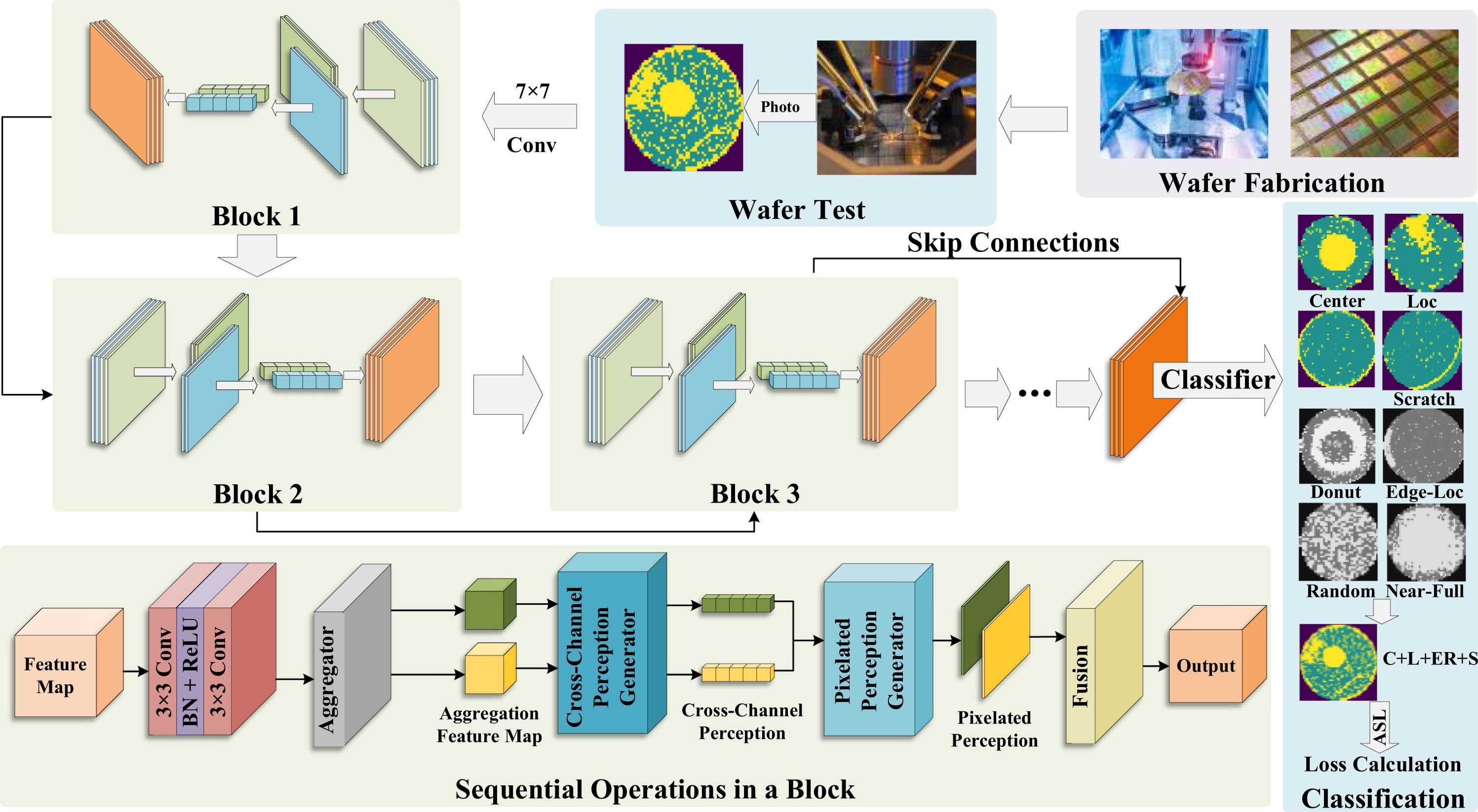
Wafer defect recognition with dynamic perception and asymmetric multi-label loss, state-of-the-art performance on accuracy, noise robustness, and mislabeling resilience.
Energy-Efficient Brain-Inspired Self-Attention-Spiking Neural Network Framework for Mix-Type Wafer Defect Recognition
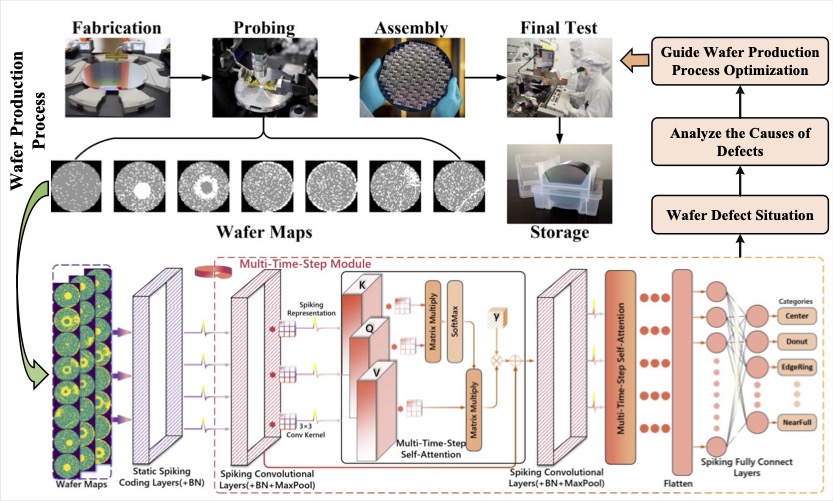
A brain-inspired spiking neural network framework with self-attention mechanisms for energy-efficient wafer defect recognition in semiconductor manufacturing.
2024
An Integrated Framework of Fourier Transform and Transformer for Rotating Machinery Fault Diagnosis
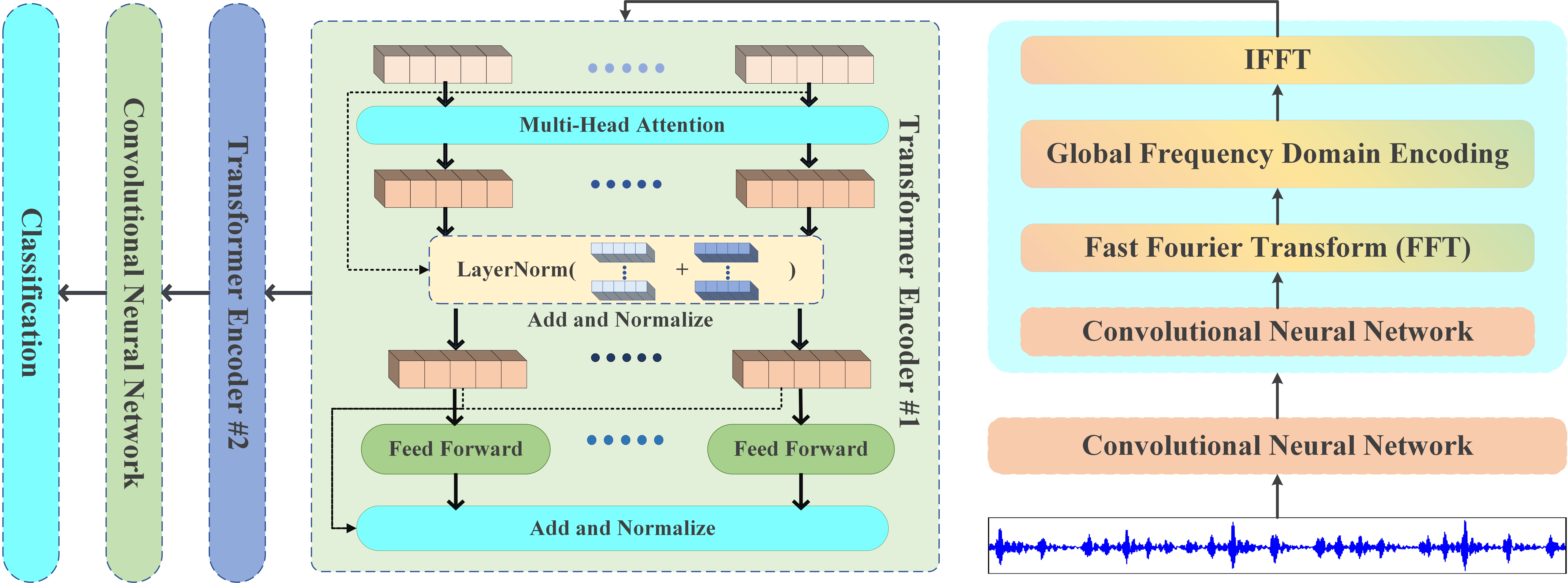
A hybrid deep learning framework combining Fourier transforms and Transformers for robust fault diagnosis in rotating machinery under noisy conditions.
A Brain-Inspired Energy-Efficient Wide Spiking Residual Attention Framework for Intelligent Fault Diagnosis
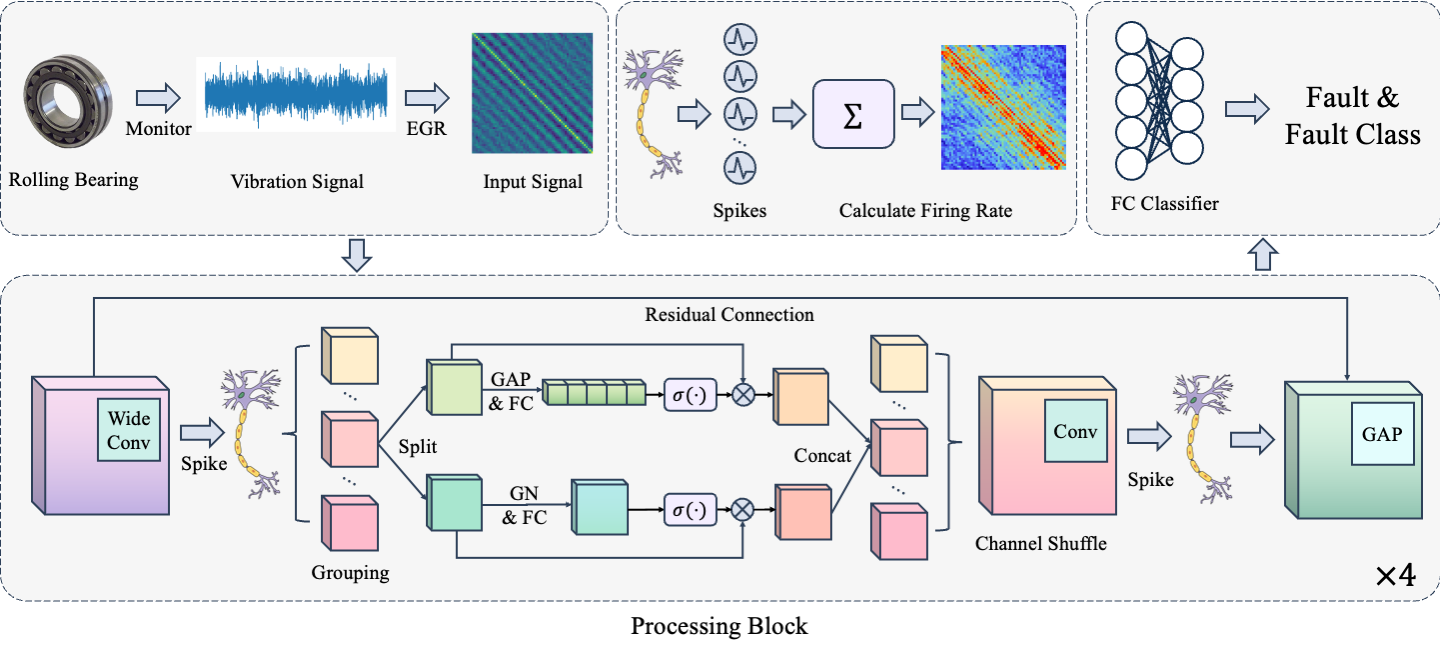
A novel brain-inspired framework combining artificial and spiking neural networks for energy-efficient industrial fault diagnosis with enhanced noise robustness.
2023
QGFORMER: Quantum-Classical Hybrid Transformer Architecture for Gravitational Wave Detection
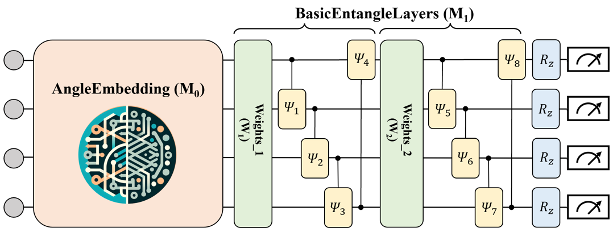
A quantum-classical hybrid transformer architecture leveraging quantum computing advantages for enhanced gravitational wave detection and astrophysical discovery.
† Corresponding author
Underlined authors contributed equally to this work